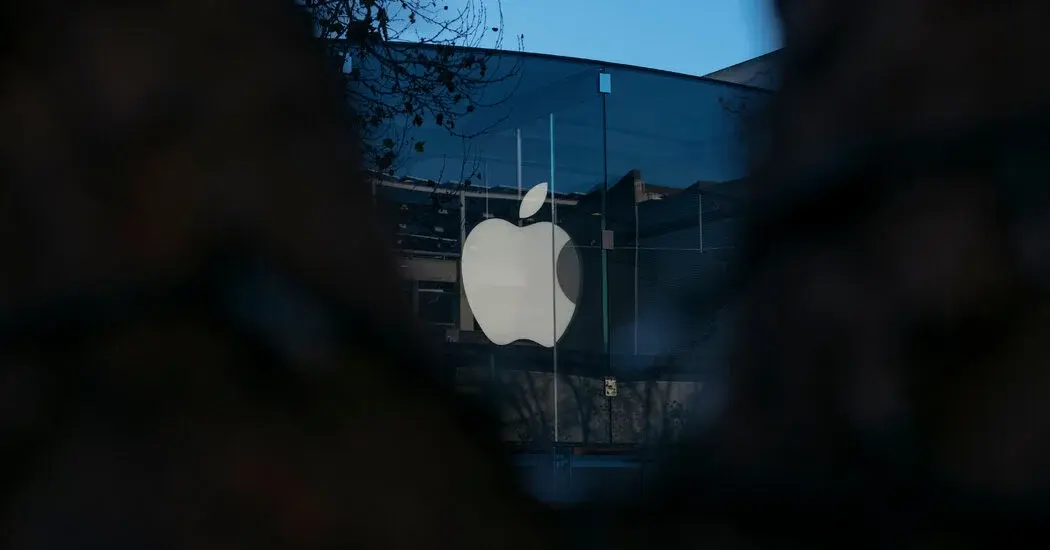- cross-posted to:
- worldnews@lemmit.online
- cross-posted to:
- worldnews@lemmit.online
The department joined 16 states and the District of Columbia to file a significant challenge to the reach and influence of Apple, arguing in an 88-page lawsuit that the company had violated antitrust laws with practices that were intended to keep customers reliant on their iPhones and less likely to switch to a competing device. The tech giant prevented other companies from offering applications that compete with Apple products like its digital wallet, which could diminish the value of the iPhone, and hurts consumers and smaller companies that compete with it, the government said.



🤖 I’m a bot that provides automatic summaries for articles:
Click here to see the summary
The federal government’s aggressive crackdown on Big Tech expanded on Thursday to include an antitrust lawsuit by the Justice Department against Apple, one of the world’s best-known and most valuable companies.
The department joined 16 states and the District of Columbia to file a significant challenge to the reach and influence of Apple, arguing in an 88-page lawsuit that the company had violated antitrust laws with practices that were intended to keep customers reliant on their iPhones and less likely to switch to a competing device.
By tightly controlling the user experience on iPhones and other devices, Apple has created what critics call an uneven playing field, where it grants its own products and services access to core features that it denies rivals.
The lawsuit asks the court to stop Apple from engaging in current practices, including blocking cloud-streaming apps, undermining messaging across smartphone operating systems and preventing the creation of digital wallet alternatives.
In Europe, regulators recently punished Apple for preventing music streaming competitors from communicating with users about promotions and options to upgrade their subscriptions, levying a 1.8 billion-euro fine.
The government’s complaint uses similar arguments to the claims it made against Microsoft decades ago, in a seminal lawsuit that argued the company was tying its web browser to the Windows operating system, said Colin Kass, an antitrust lawyer at Proskauer Rose.
Saved 86% of original text.